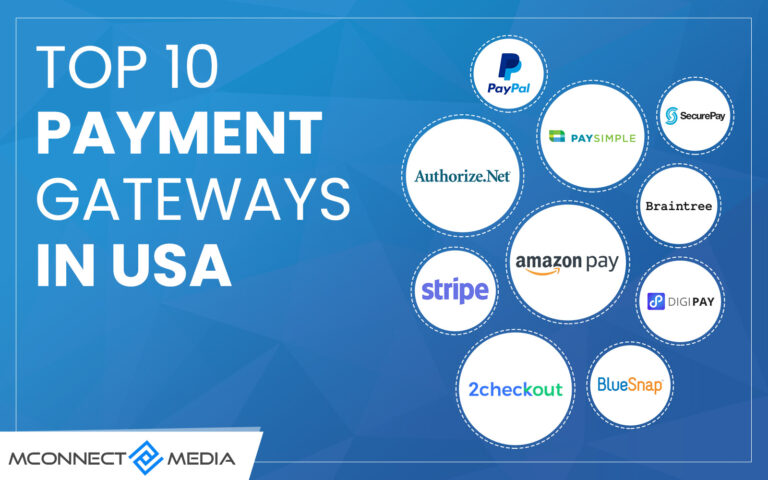Social Media Marketing Plan for Businesses: A Roadmap to Reach, Engage, and Convert
In today’s digital world, every business regardless of size or industry needs a social media presence that’s more than just active. It must be strategic. A well-structured social media marketing plan for businesses doesn’t just boost visibility it fuels customer engagement, drives traffic, and increases conversions. Without a roadmap, posts become noise. With a plan, they become revenue-generating assets. Whether you’re a startup, local business, or scaling brand, this guide shows you how to build a results-driven social strategy that supports real growth.
Define Your Goals and Target Audience with Precision
Every effective social media plan starts with clear objectives. Are you aiming to increase brand awareness, generate leads, boost sales, or improve customer loyalty? Your goals determine your platform choices, content style, and posting frequency. Equally important is understanding your audience. Who are they? What platforms do they use? What kind of content do they engage with? Knowing your ideal customer shapes messaging that resonates turning impressions into actions.
Choose the Right Platforms for Your Business Type
Not all social media platforms offer the same value to every business. B2B brands often find success on LinkedIn and Twitter, while B2C companies thrive on Instagram, Facebook, and TikTok. E-commerce businesses benefit from visual-heavy channels like Pinterest and YouTube. The key is to be where your audience already spends time and post content that matches the tone and behavior of that platform. Spreading yourself thin across every channel leads to weak engagement. Focus on 2–3 core platforms and dominate them.
Develop a Content Strategy That Builds Trust and Drives Action
Random posts won’t cut it. Your content must serve a purpose educate, entertain, inspire, or sell. Mix formats like carousels, videos, infographics, and user-generated content to keep things fresh. Use storytelling to make your brand relatable, and always include clear calls to action. A good rule of thumb: 80% value-driven content, 20% promotional. Consistency is just as important as creativity. Develop a content calendar to plan ahead, align with promotions, and ensure steady posting across all channels.
Use Analytics and Data to Refine and Improve
Success in social media marketing isn’t about luck it’s about listening to the data. Every major platform provides insights into reach, engagement, click-through rates, and follower growth. Review performance weekly to identify what’s working and what’s not. Double down on high-performing content, test new formats, and refine your strategy regularly. Set monthly benchmarks aligned with your business goals. Without tracking results, you’re just guessing. With data, you’re evolving intelligently.
Leverage Paid Ads and Influencer Partnerships for Scale
Organic reach is shrinking, but targeted advertising is more powerful than ever. Use paid social campaigns to boost high-performing posts, promote offers, and retarget visitors who didn’t convert. Platforms like Meta and TikTok offer hyper-specific targeting options by location, interest, and behavior. You can also collaborate with niche influencers or micro-creators to extend your brand’s reach with social proof. Paid media and partnerships help scale results faster when aligned with a solid organic strategy.
FAQs About Social Media Marketing Plans for Businesses
How often should my business post on social media?
It depends on the platform, but consistency is key. Aim for at least 3–5 quality posts per week per channel.
Do I need different content for each platform?
Ideally, yes. Tailor content to match the tone and audience behavior of each platform, even if the core message is the same.
Is paid advertising necessary for social media growth?
For rapid growth and lead generation, yes. Paid ads help boost visibility and conversions, especially when paired with great organic content.
What’s the biggest mistake businesses make in social media marketing?
Lack of strategy. Posting without goals, audience insights, or performance tracking leads to low ROI and wasted effort.
Should I hire a social media manager or do it in-house?
If time or expertise is limited, outsourcing can deliver faster, more consistent results. Otherwise, an in-house team offers closer brand control.
